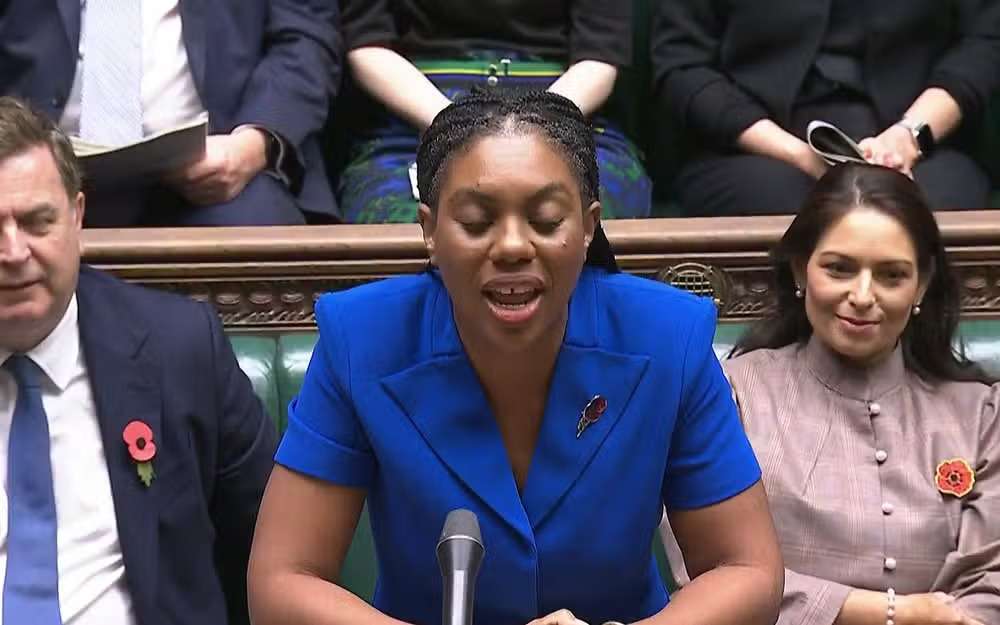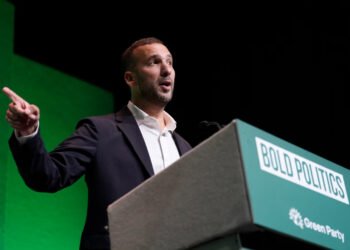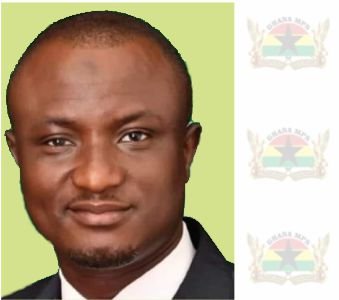In a bold push to address rising migration figures, Prime Minister Keir Starmer has confirmed plans to establish “return hubs” in foreign countries as part of a wider crackdown on illegal immigration.
The proposed scheme would see failed asylum seekers relocated to third countries pending their removal.
“What now we want to do and are having discussions of is return hubs – which is where someone has been through the system in the UK, they need to be returned and we have to make sure they’re returned effectively and we’ll do that, if we can, through return hubs.”
Prime Minister Keir Starmer
Despite the ambition, the prime minister acknowledged that there is no “silver bullet” to resolve the Channel crossings, which have already surpassed 12,000 this year, a worrying sign that 2025 may become a record-breaking year for illegal entries into the UK via small boats.
The proposal comes almost a year after the Labour government officially scrapped the Conservative-led Rwanda deportation plan. That initiative had intended to send asylum seekers to the East African country, even if their claims were ultimately accepted, sparking outrage from human rights groups and opposition parties.
Speaking on Thursday, Starmer said the UK is in conversation “with a number of countries” to implement the return hub model, which he described as “a really important innovation.”
A spokesperson for the prime minister added that these hubs “would provide an opportunity to cut through the existing red tape and remove some of those barriers to remove people”—a move the government believes could save taxpayers significant sums in accommodation costs for asylum seekers.
Return Hubs Spark Legal, Political Questions
However, the proposal has left many questions unanswered. The government has yet to provide specifics on how these return hubs would function in practice, the overall cost-effectiveness of the initiative, or details on where relocated individuals would be housed.
Furthermore, Prime Minister Starmer’s spokesperson claimed that failed asylum seekers are engaging in “stalling tactics” to delay deportation. These include intentionally misplacing important documents or “starting families” in order to extend their stay in the UK.
“The objective is to remove people who have exhausted all routes to staying in the UK and have no lawful basis to remain here. We have seen people in the past arriving from safe countries but then using stalling tactics such as losing their paperwork or starting a family to frustrate that removal.”
Prime Minister Starmer’s spokesperson
While Downing Street remains tight-lipped about which nations are part of the ongoing negotiations, Starmer’s Albanian counterpart, Edi Rama, has already publicly ruled out hosting a UK return hub. Nevertheless, No. 10 insists “formal discussions with partners across Europe” are underway.
There are indications that countries in the western Balkans, such as Serbia and Bosnia and Herzegovina, could be potential candidates for such agreements.
Though Starmer admitted that the creation of return hubs alone won’t stop the tide of illegal migration, he argued that the measure, when combined with efforts to dismantle smuggling operations and remove individuals with no right to stay, would help the UK “bear down on this vile trade and make sure that we stop those people crossing the Channel.”
However, critics from the Conservative Party remain unconvinced. Tory leader Kemi Badenoch dismissed the initiative outright, branding it insufficient.

“Starmer is making an effort, but this will not stop the boats. People will still try their luck, knowing they can stay in Britain if granted asylum, so it won’t get rid of asylum hotels in the UK. We left Labour a real deterrent. This is weaker than the Rwanda plan and won’t work.”
Kemi Badenoch
This latest announcement follows a high-stakes press conference held by the prime minister earlier in the week, in which he issued a stark warning about rising immigration numbers. Starmer claimed the UK was at risk of becoming an “island of strangers”, a comment that quickly drew backlash and comparisons to Enoch Powell’s infamous 1968 “rivers of blood” speech, an inflammatory address widely condemned for inciting racial division.
READ ALSO: President Mahama Charged to Terminate Controversial SML Deal





















